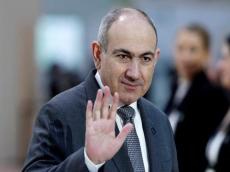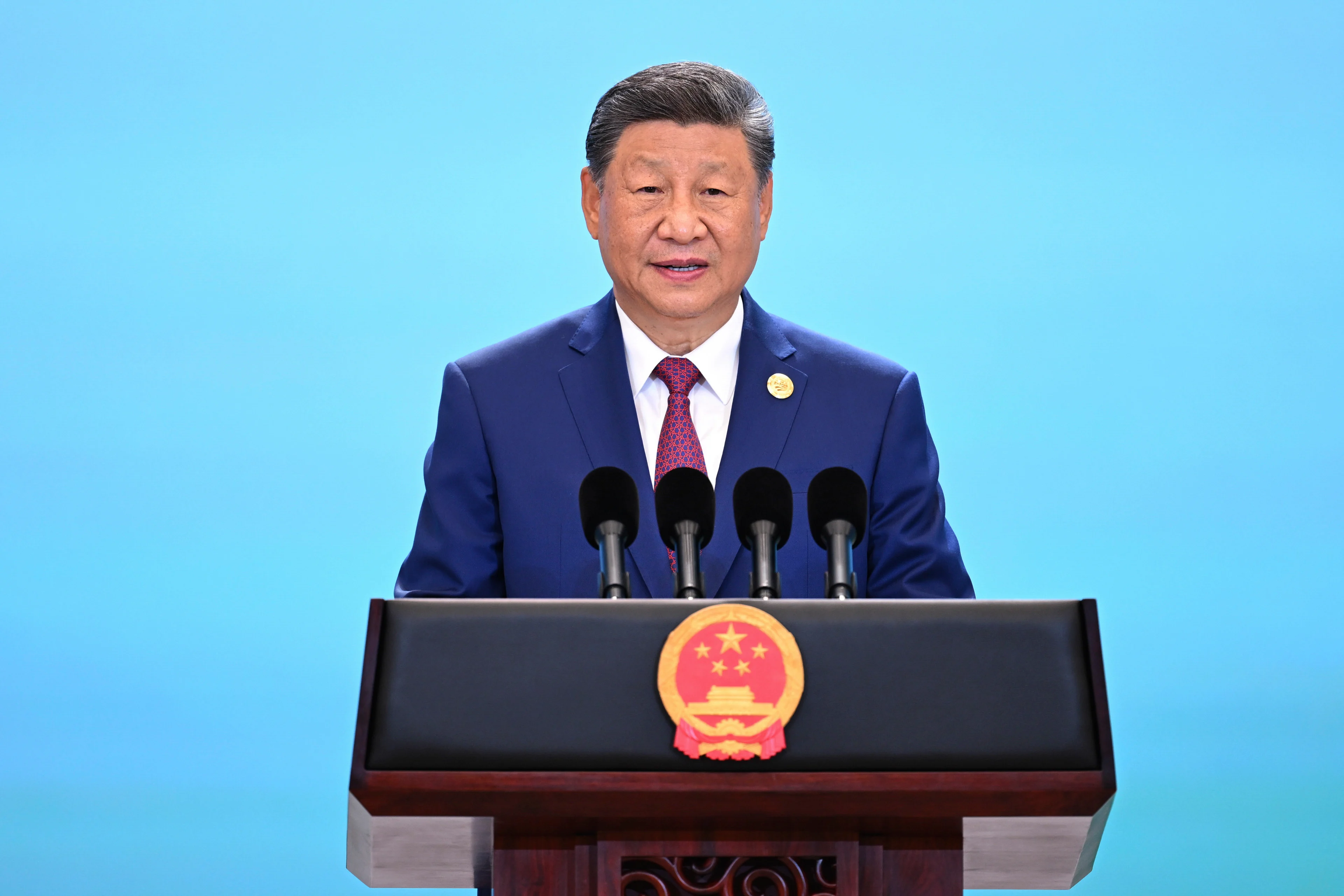
Armenian Prime Minister Nikol Pashinyan is undoubtedly the
first Armenian leader capable of telling his people the unpleasant truth.
Although he is still not telling the full truth, apparently sparing the
feelings of the Armenian society and his own.
The day before, Nikol Pashinyan spoke at the conference
“Comprehensive Security and Sustainability – 2025”. Armenia is not a
country that has ever thought about the security and stability of other
countries, but over time, Yerevan began to realize that Armenian security is
completely excluded if it itself poses a threat to its neighbors. Previously,
the topic of security was considered only in the context of the occupied
territories, which Armenia was afraid of losing. However, the Second Karabakh
War made her remember where her real borders are and what is really worth
worrying about. Not because someone threatens her, but because, by threatening
her neighbors, she makes her own borders shaky.
At a conference in Yerevan, Pashinyan spoke quite reasonably
and almost logically. Although, again, the truth was incomplete in some places.
The florid Armenian prime minister tried to explain why
earlier purchases of weapons for Armenia were limited. It wasn’t just about
Russia’s dominance, and it’s true.
“Why did these restrictions disappear? As a result of
the legitimacy of the strategy. Because any country, when discussing whether to
start a dialogue with us in the military-technical sphere or not, has no
concern that these weapons may be used for illegitimate (according to the
international classification) purposes. And no one can question the right of
the Republic of Armenia to defend its internationally recognized sovereign
territory. It is simply impossible to dispute this,” Pashinyan said.
If we put what was said into a simple and understandable
language for the masses, then the Prime Minister said the following: No one
wanted to cooperate with Armenia during its occupation of the territories of
Azerbaijan. Her actions were considered illegitimate in the world, that is,
illegal and contrary to international law, and although almost no one told her
this out loud, in reality, the occupation of the neighbor’s territories forced
the world to keep its distance. Now that Armenia has lost the war and
Azerbaijan has been freed from the shameful status of an occupier, other
countries no longer shy away from military cooperation with it.
The truth looks exactly like that. Nikol Pashinyan
undoubtedly wanted to say exactly that, but did not dare to pronounce the
diagnosis in words understandable to the patient.
“Let them call us traitors today, but thanks to our
actions in 50, 100, 150 years, the Republic of Armenia will be a state. I asked
this question two years ago. Now I’m not asking this question anymore – I’m saying
that it will be so. And first of all, thanks to the legitimacy strategy,”
the Armenian Prime Minister said.
Pashinyan’s idea about the legitimacy strategy may not be
very clear to the general public without explanation. Let’s try to do it for
the leader of a neighboring country. And when we say “leader,” we
don’t mean it ironically. Because Armenia needed a sober-minded leader for a
long time. And we can’t care who rules in a neighboring country, because the
tranquility of our own borders depends on it.
So, under the legitimacy strategy (correct if we are wrong)
Nikol Pashinyan implied renunciation of territorial and other claims against
neighboring states, as well as agreement with reasonable demands of Baku. It
seems to some that Yerevan has “caved in” before Baku, but in fact
this is not a deflection, but a correct interpretation of the realities. If
Yerevan continues its previous policy of trying to blackmail Baku, arrange
provocations, hiding behind the backs of its allies, send insane lawsuits paid
for by the diaspora to international authorities, and push back all
Azerbaijan’s initiatives, this will not end well for Armenia. In any case, she
should forget about strong statehood. The country will remain isolated, and all
the prospects that opened up to it with the end of the occupation will fade and
disappear. To put it even more bluntly, the Zangezur corridor, whatever it is
called now after the meeting in Washington, is a salvation for Armenia. If she
abandons the road, her borders and communications will remain closed. Pashinyan
understands how this will end.
And there is another important point that Nikol Pashinyan
approached with great expectation of understanding.
“We cannot recognize our territorial integrity on one
basis, and someone else’s territorial integrity on another. We recognized the
territorial integrity of Azerbaijan in order to recognize the territorial
integrity of Armenia. There is simply no other way,” the Armenian Prime
Minister said.
However, he came to this elementary idea in an ornate way,
through complex mental constructions. But the conclusion was correct: the
territorial integrity of each state is interconnected with the territorial
integrity of its neighbors.
This is the main thing that should be remembered in Armenia.
If Armenians want to preserve the statehood they have dreamed of all their
history, they must understand that this prospect does not depend on Uncle
Arshak from the rich American diaspora, nor on Aunt Siranush, who organizes
actions against Baku in Paris, and not on the efforts of the Armenian lobby in
Russia. The fate of the Armenian statehood depends only on how good a neighbor
it will be for Azerbaijan.



